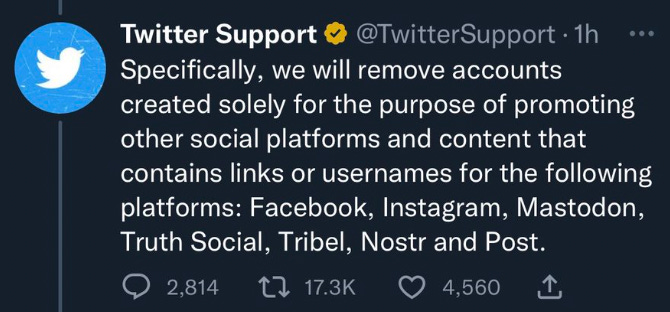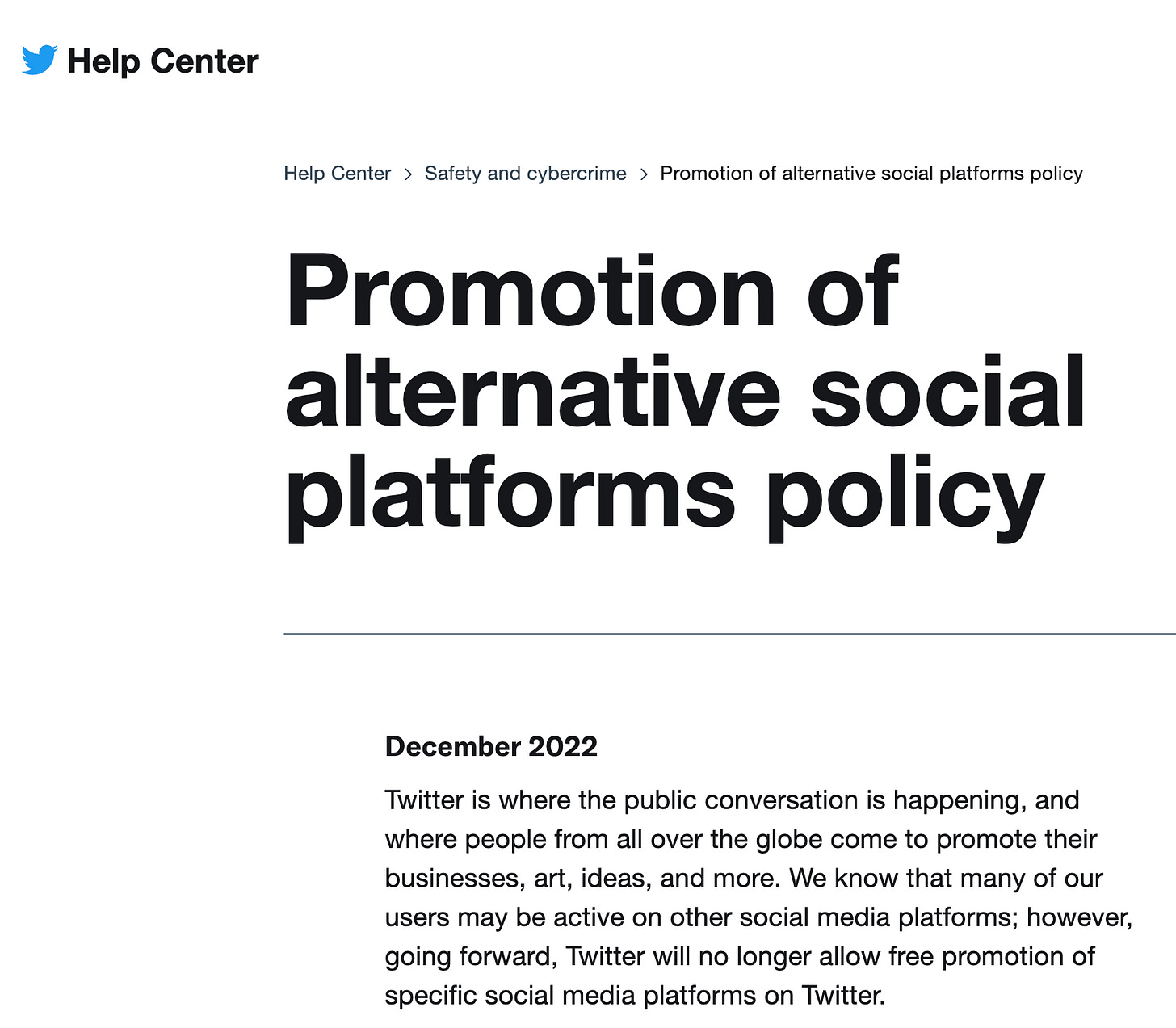After governor's attempt, Nevada will not clear out its death row this week
Update: Outgoing Nevada Gov. Steve Sisolak asked the Board of Pardons to consider a mass commutation at its meeting on Tuesday, but a court stopped the move. Also: McCarthy and Musk's difficulties.
While most eyes will be on the Jan. 6 Committee later today, Law Dork is starting the week with a look-ahead at Tuesday.
Then, Nevada could empty its death row — a striking commutation move that would mean the 57 people currently sentenced to death in the state could have their sentences commuted to life without the possibility of parole by Wednesday.
The Nevada Board of Pardon’s Tuesday morning meeting is scheduled for one week after Oregon Gov. Kate Brown took similar action to empty her state’s death row, commuting the death sentences of 17 people there on Dec. 13.
Despite the number of people on death row in Nevada, the state has not carried out an execution since 2006. Democratic Gov. Steve Sisolak, who lost re-election in November, asked on Dec. 14 that the mass-commutation item be added to the agenda and will support it, according to the Las Vegas Review-Journal.
The Nevada Board of Pardons is an unusual pardon board: It is made up of the governor, Supreme Court justices, and attorney general. The board makes the commutation decisions together, as opposed to a group of people in the board making a recommendation to the governor.
Now, the question is whether the board will vote with with Sisolak.
Nevada Attorney General Aaron Ford is a fellow Democrat. As recently as September, he told the Nevada Independent that “he has ‘always been opposed to the death penalty,’ and that he will ‘stand by [his] desire to have it abolished.’” While he also said that he enforces the state’s laws as attorney general, including its capital punishment law, his membership on the pardon board — and the board’s ability to issue commutations — is a part of the state’s laws as well. There is no reason why he should not support the commutations.
The Nevada Supreme Court, meanwhile, is made up of seven justices who ordinarily are elected in nonpartisan races. Due to a former justice’s resignation this fall, however, the newest member of the court, Justice Patricia Lee, was appointed to the court by Sisolak less than a month ago. Another member, Justice James Hardesty, did not run for re-election in November and will be leaving the court in the new year.
More to come on this.
[Update: A state judge ruled on Monday that the pardons board could not consider the measure on Tuesday, although other petitions — at the state’s supreme court — remain pending and Sisolak told KSNV News 3 Las Vegas reporter Brett Forrest on Monday only that he would discuss the matter at the hearing.
On Tuesday, Sisolak said the death penalty in the state is “fundamentally broken,” but said he would abide by the court’s ruling, meaning the mass commutations were not considered at Tuesday’s meeting.]
A CENTENNIAL ANNIVERSARY: “Because of the predominance of the two established national parties in the modern era, not since 1923 (at the start of the 68th Congress) has the House failed to elect a Speaker on the first roll call vote. In the 1923 case, a Speaker was elected on the ninth ballot.”
That footnote has been in the Congressional Research Service report about the House speaker election since at least the 2015 version, but it’s timely on two fronts now.
The upcoming speaker election — where Kevin McCarthy is desperately looking to secure the majority of votes to become the next speaker — will come 100 years later.
Back in 1923, it took Republican House Speaker Frederick Gillett those nine ballots to win re-election as speaker not because of a true challenge for the majority of support from his party for the speakership but, as McCarthy faces, because of a relatively narrow majority for the Republicans and a small number of members from within the party causing problems in reaching the necessary majority vote, as shown here in another CRS report:
As The New York Times described the situation back in 1997 reporting around then-Speaker Newt Gingrich’s re-election as speaker:
Dissident Republicans seeking rules changes forced the election to go to nine ballots. Ultimately, they got the changes they had sought, and Republican Frederick H. Gillett of Massachusetts was elected.
Incidentally, Gillett left the House after that term, being elected to the Senate for Massachusetts in 1924.
McCarthy, of course, will face an even narrower 222-213 majority in January than Gillett or Gingrich had to deal with.
MUSK’S MELTDOWN: Over the weekend, Twitter’s owner, Elon Musk, had an extended temper tantrum that ended with him polling users on whether he should “step down as head of Twitter.” (Users said he should, 57%-43%.)
What?
I don’t know what was going on inside Musk’s head or Twitter HQ, but this is what it looked like from my perch:
Musk was displeased that so many people said they were going to Mastodon or Post after he started banning journalists from Twitter, ultimately, because he was mad that there was a Twitter account that tracks his private jet and that reporters were covering the stories surrounding that account and his decision to ban it. (Musk is also, it seems, not thrilled that Donald Trump hasn’t returned to Twitter since Musk lifted the former president’s Twitter ban.)
So, on Sunday morning — while Musk was watching the World Cup final (which he traveled to overnight on his jet, still tracked, but not on Twitter) — Twitter announced that it was going to be shuttering accounts dedicated to promoting those other social media platforms — and removing tweets with links to those platforms.
Some major platforms — like TikTok — weren’t even mentioned. Chaos ensued. Musk was lambasted all afternoon.
In one of the more amusing moments of Musk’s hapless takeover of Twitter, he backed down on this move less than six hours later.
The policy …
… was gone.
This isn’t good. It’s still very bad. And I don’t know that I’ll have the same relationship with Twitter in the new year if things don’t change — which is why you can find me at Mastodon and (less so but also at) Post — but it is clear that being a billionaire doesn’t fix everything.










After about a decade on the platform, I deleted my Twitter account in November 2021 (just over a year ago). I deleted my Facebook account at the same time (I'd been on that for ages too). A vacation abroad made me realize how much of my IRL social life I organized via Facebook so I recreated that account in April 2022 -- and figured I might as well recreate my Twitter account too... but it has been a strange year on Twitter and I've hardly used it, compared to past years, so when Musk took over I did what many of my friends had been asking me to do for several years: I joined Mastodon! Having seen just how chaotic Twitter has been since Musk took over, and just how lovely the community on my chosen Mastodon instance is, I just wish I'd made the switch years ago! I feel bad for people who have supportive communities on Twitter -- it will take time to reconstruct those elsewhere and some communities may never recover: Musk has done so much harm.
I walked away from Twitter (didn't delete my account, but haven't posted, visited the site or responded to any posts) the day after the self-proclaimed "Chief Twit" reinstated the account of professional Jew-hater Andrew Anglin. That was it as far as I was concerned. I won't go back until/unless Musk sells Twitter. I miss some of the people I followed, but I refuse to give this classless cretin the website traffic he needs.